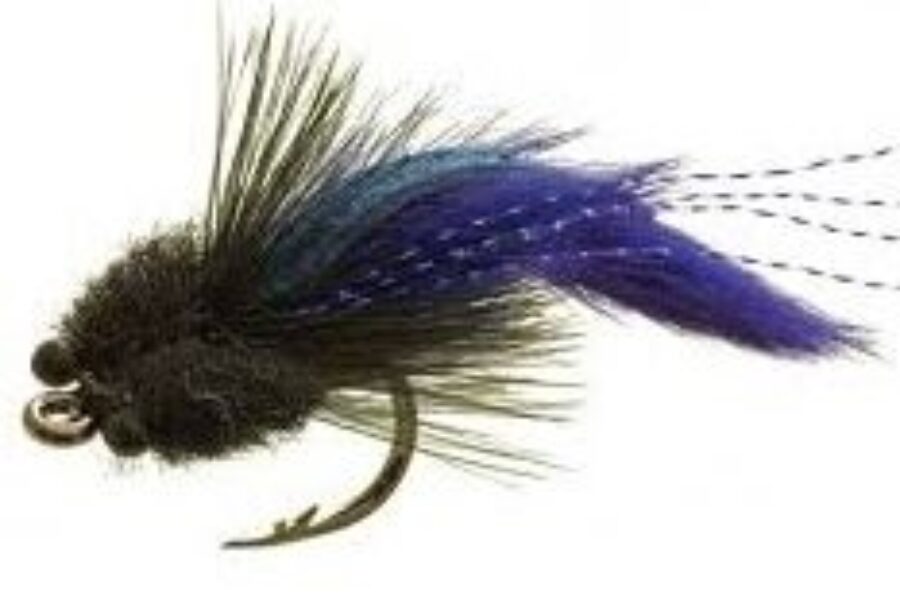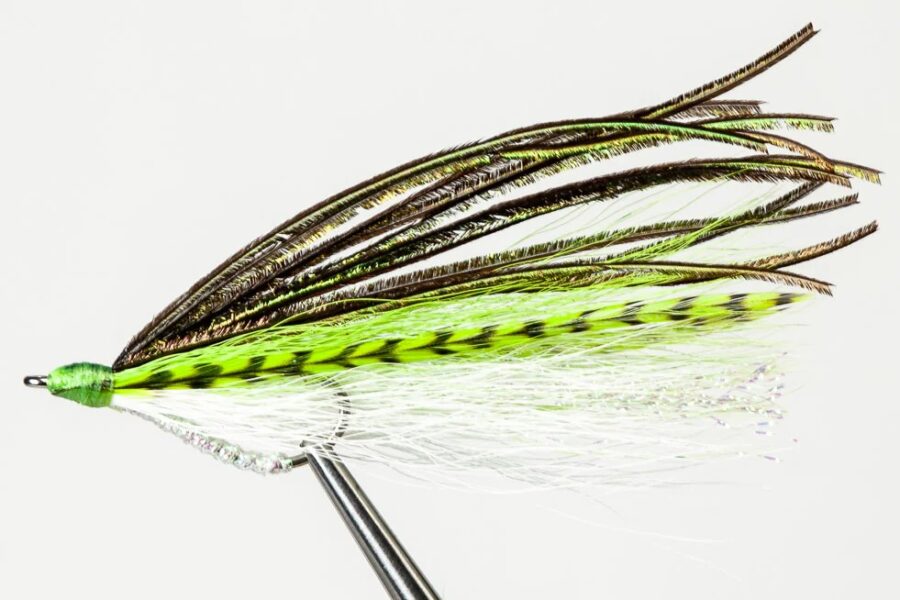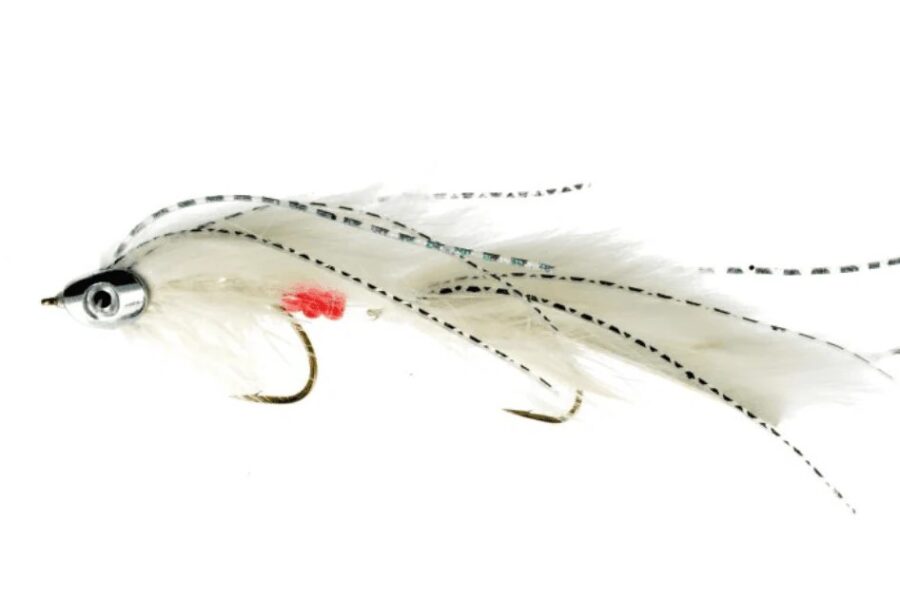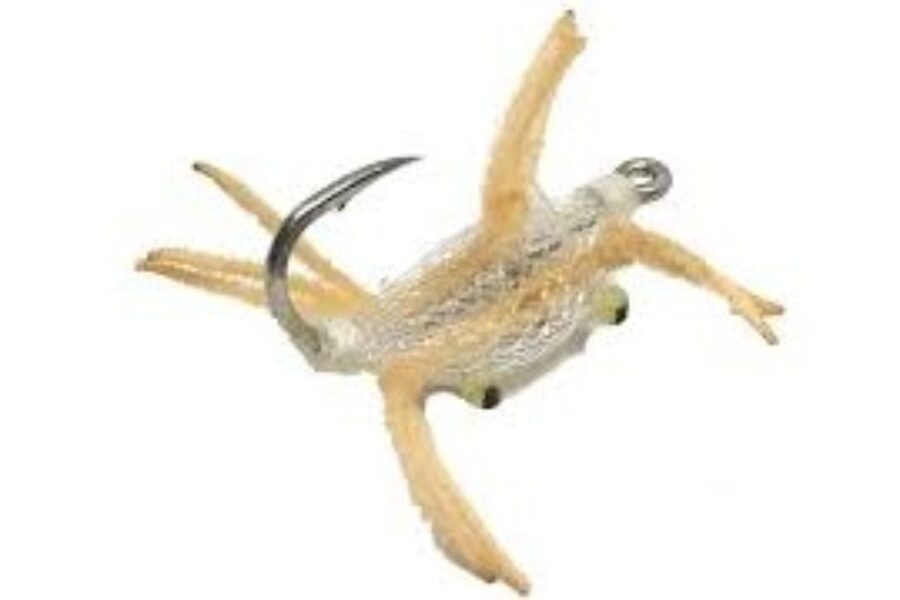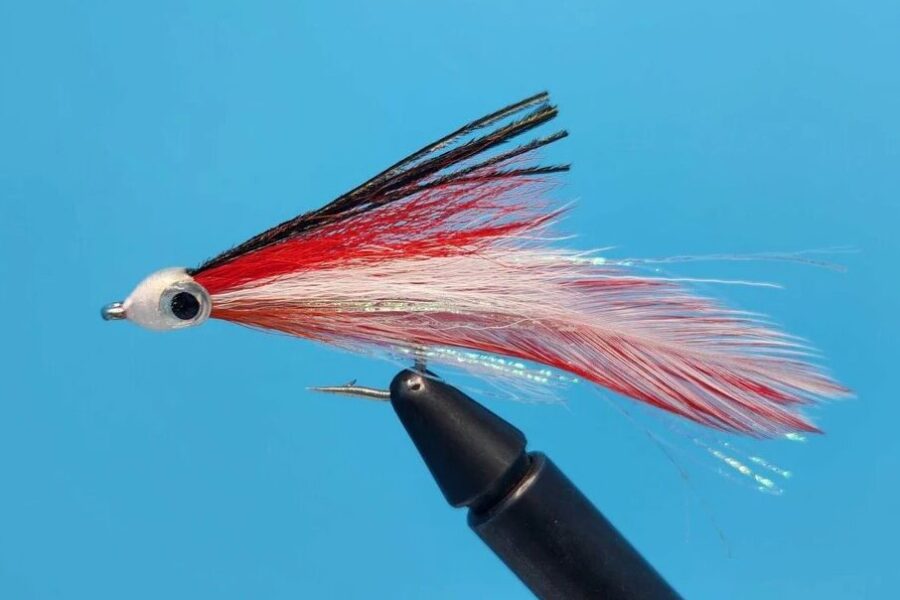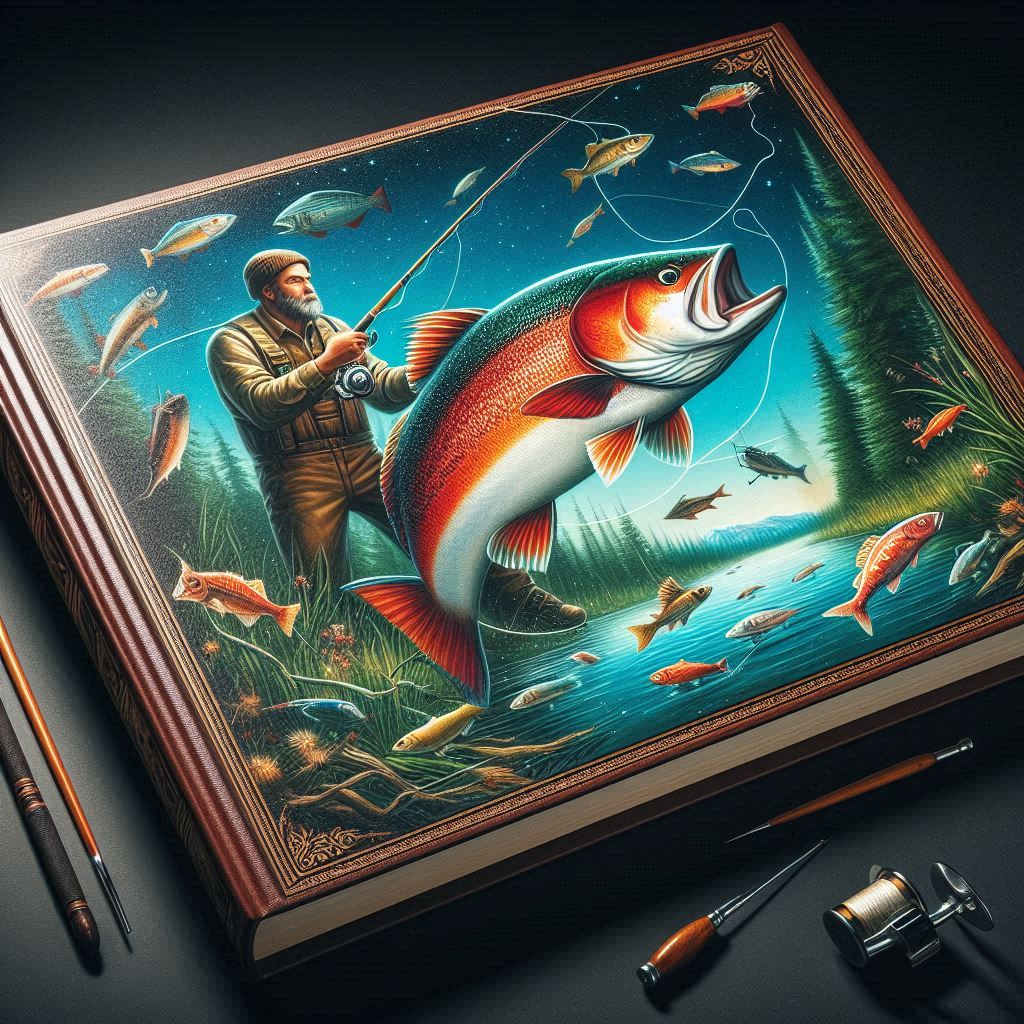An Anglers Guide to Mastering Sport Fishing
Fishing is a hobby that allows you to enjoy fresh air and connect with nature. Fishermen of every skill level can benefit from expanding their knowledge. Read this comprehensive guide to learn tips that will help you improve your angling abilities.
Fundamental Equipment Mastery
Essential Hook Care
The most important element for successful fishing comes down to having a sharp hook. A well-sharpened fishing hook ensures that anything you catch will remain hooked when you try to reel them in. Check how sharp your hooks are from time to time and replace or sharpen dull hooks as necessary. Regular maintenance of your equipment ensures reliability when needed.
Strategic Equipment Investment
You want to always pick quality rods for fishing adventures. You are sure to save money in the long run when you purchase a high-quality rod as it lasts much longer than an inferior rod. Consider this an investment in your fishing success rather than an expense.
Advanced Fishing Techniques
Specialized Night Fishing Methods
Many fishermen use bobbers with little lights inside to help their night fishing. Lighted bobbers have a small light bulb inside that helps you determine when the fish is about to bite. This technology significantly improves your chances of success during low-light conditions.
Mastering Current Dynamics
Use natural currents to your advantage. Go with any current if you see one. This is the best way to get your lure noticed by fish. Understanding water movement patterns can significantly improve your presentation.
Bait and Lure Strategy
Strategic Bait Selection
If you have your eye on a large fish, use larger bait. Larger bait will cost you more at the tackle store, but it also might guarantee an equally sized catch. This is logical since larger fish will choose larger pieces of food and therefore would be interested in a larger size of bait.
Expert Trout Fly Selection
For serious trout anglers, selecting the right flies can make the difference between a successful day on the water and going home empty-handed. The most effective trout flies are those that accurately match the natural insects and aquatic life present in your local waters.
Safety and Best Practices
Boat Safety Essentials
When fishing from a boat, do your best to keep your floor surface as dry as you can. Dry the surface floor with a mop before you venture onto the water. Proper safety precautions prevent accidents and ensure an enjoyable fishing experience.
Proper Fish Handling
These fish have very sharp teeth and are likely to try to bite you. Wearing gloves will make it easier to dislodge the hook and release fish safely. Proper handling techniques protect both you and the fish.
Advanced Fish Fighting Techniques
Landing Large Fish
Do not panic if you hook a large fish. Avoid reeling in your fish while it is actively swimming away. Keep your rod located at around a 45-degree angle relative to the water and keep it aimed at the fish. Patience during the fight often leads to successful landings.
Partner Coordination
If you are out fishing with a friend, have your partner remove their line from the water whenever you catch a fish, and have them do the same when you have a fish on the line. This cooperation prevents tangled lines and lost fish.
Environmental Adaptation
Weather Strategy
The right weather can dictate whether a fishing trip will be good or bad. Always be sure to check the weather forecast before going fishing. Check both a week before and the days leading up to your outing. Don’t be fearful to change your plans if the weather isn’t optimal.
Line Management Efficiency
Anyone who is fishing should keep their line in the water as much as possible. The only time you can catch fish is when your line is in the water. Minimize time spent retying and changing lures.
Mental Approach
Developing Professional Patience
Don’t get frustrated and give up if you don’t catch fish right away; stick with it. Patience is the most important part of good fishing. Stay at least 30 minutes in any area before giving up totally on it. There are many factors that can affect where the fish are in the area, including movement, time of day, and environmental conditions.
Continuous Learning
Always do plenty of research before you head out fishing. Fishing is a more complex sport than it seems. You must understand the tendencies of the fish, what species can be found in what bodies of water, and the techniques that make fishing more effective. You can find plenty of good advice online or by reading books about fishing.
Now you should know how to cast like a pro. Use these tips whenever you go out fishing. Soon, thanks to this advice and consistent practice, your fishing trips will be more successful than ever. Remember that becoming an accomplished angler takes time and patience, but the rewards are well worth the effort.

